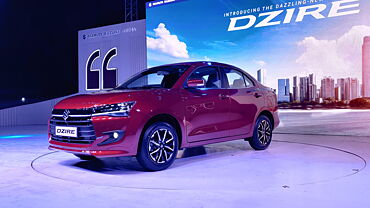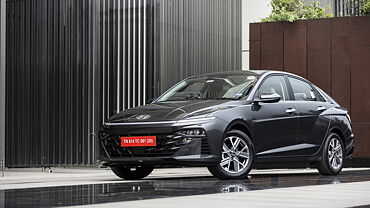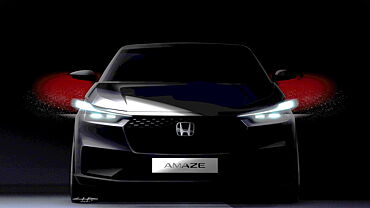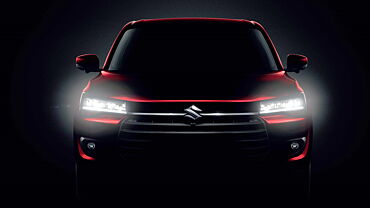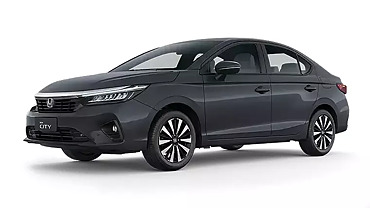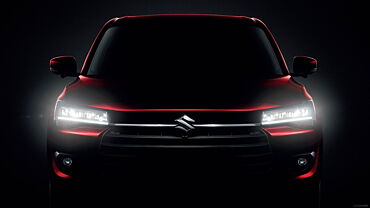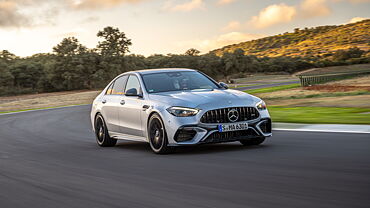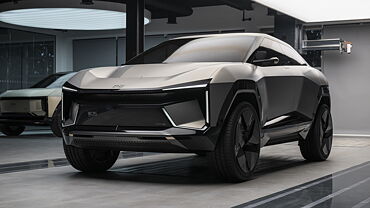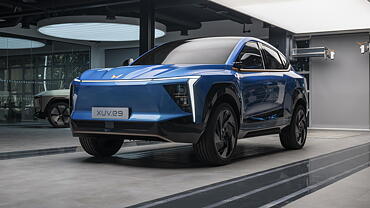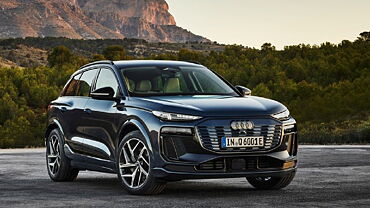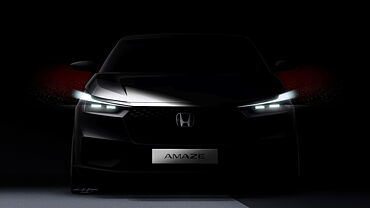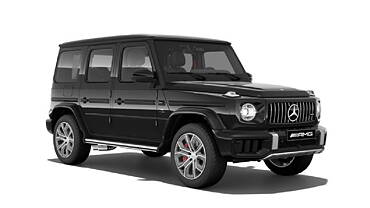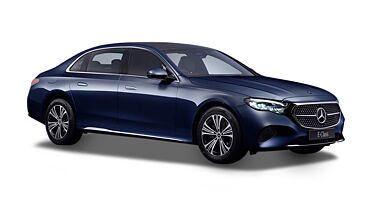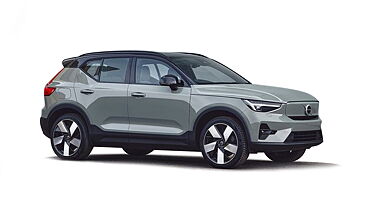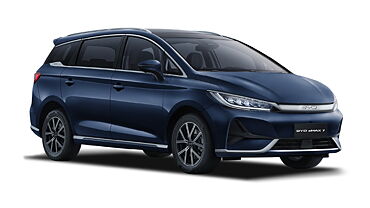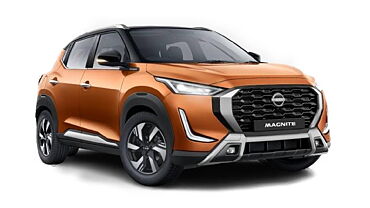India is one of the biggest markets for diesel cars. Most of the people prefer diesel engines over petrol ones in this country. Why so? The debate between petrol and diesel engines is as old as the engines themselves. Basically, both engines have their own specialties and anyone opting for either of them is basing that on personal driving experiences. Similarly, CNG and LPG Engines also made their foray in the automobile industry mostly owing to their better fuel efficiency, cheaper running cost and eco-friendliness.
Getting to Know the Petrol and Diesel Engines - Technicalities
A petrol engine is one of the first engines to be used in automobiles. Fundamentally, not much has changed since its inception. Diesel engines were largely used for commercial vehicles like trucks, buses, locomotives, ships, etc. In petrol engines, there is pre-mixing of fuel and air, which eventually results in better efficiency that makes the car run at higher speed and is much quieter but the overall fuel efficiency remains quite low.
On the other hand, diesel engines use compression ignition to burn the fuel which is injected in the combustion chamber after the air is compressed. The calorific value of Diesel is more than Petrol and hence the energy output per unit volume of diesel is better than petrol. The construction of diesel engines is bit more complicated than that of petrol and hence it asks for higher initial investment. Comparatively petrol engine construction is simpler and cheaper than that of diesel, which we can also see reflected in the price of our diesel cars.
What does this technical jargon mean for the common man? Diesel cars are good for those who have long distance commuting on daily basis. Diesel engines give better fuel consumption and deliver better torque. This means diesel engines make everyday driving cheaper and an easy experience. Moreover, diesel cars have run far more miles than the petrol ones before they ask for any maintenance, i.e. running life of diesel engines is much better than petrol engines.
Finally, as a fuel, diesel is cheaper than petrol in India. Even in other countries, we see that the litre price of diesel is significantly cheaper than the petrol’s price.
Diesel cars in India are very popular in India as the Indian auto market is one of the most price sensitive markets. The combination of cheaper fuel, good mileage and long life, explains why diesel engine cars are the favourite choice of cabs and regular long distance driving people. As a consequence of the longer life of a diesel engine, the resale price for such cars is also better. In other words, diesel options always fetch you a better price.
From an environment perspective also, diesel is far better than petrol, as the emissions are less harmful!
We can easily say, that once the car has been bought, diesel is always better for the owner than petrol. However, since the purchase is more expensive, the savings after buying should be more than the extra price paid.
Hence, in order to get the full benefit of a diesel car, you should have run higher distances and not short city-hauls.
Where Do Diesel Engines Lack?
Despite the many good points, diesel models do have their own disadvantages and even after so many technical advancements in the automobile industry, these disadvantages still exist. The most common one is the noise. Diesel cars till date are very noisy and especially make a lot of noise when starting from cold. So if you start your diesel car in winter mornings, your neighborhood can clock their schedules with your office timings. (The reason is due to heavier parts in the engine and the different ignition technique.)
Petrol engine driven cars are certainly expensive but they deliver better driving experience with their smoother and quieter engines. Moreover petrol engine cars are cheaper and faster as well.
On Road– Petrol vs. Diesel Performance
Petrol and diesel engine performances have been talked and researched a lot. Earlier diesel engines offered poor performance compared to the petrol engines. Especially in acceleration, diesel engines were found lacking.
But since the advent of the turbo-chargers a lot of things have changed on the diesel side of the fence. “Direct Inject” and “common rail” engines have been the latest kids on the block. Direct inject engines have taken care of the noise problems to a large extent. They also give better mileage over the older indirect injection models. Common rail diesels use the latest technology of direct injection and are the most recent ones offering more fuel economy and better performance. However, not all auto manufacturers have developed and adapted this technology in their cars in India.
Petrol models give more horsepower which enables them to attain higher top speed and better figures of 0-60 kmph acceleration. The refined driving experience offered by the petrol engines still remains unparalleled. However, please note that the new age Turbo diesel engines, such as the Volkswagen engine, give excellent power and acceleration. For example, the Volkswagen Golf 2.0 TDI top of the range car (not available) in India, delivers whopping 167 BHP, 8 seconds acceleration to 100 km/h and a mileage of 1:20 on highways!
Lastly, the account servicing costs of diesel cars is definitely more any day, though the frequency will be less. However, with the latest technology these costs have been curbed by the manufacturers but it eventually depends which brand you are opting for.
Conclusion
It is clear that once the car is bought, the running costs of a diesel car will be far less than a petrol car. Possible less attractive performance is not that relevant in our busy Indian cities, where noise too is a daily issue to put up with.
Hence, the only serious disadvantage of the diesel car in India is the higher purchase price and hence the only factor to consider for Indians is the daily run rate.
We end with a calculation on how to choose between a diesel or petrol car.
|
Example of calculation for choosing between a Indica Petrol and diesel Indica Vista petrol: 1172 cc, 65 BHP, torque 9.8Nm, mileage assumed at 15 kmpl, ex-showroom 4.0 lac Indica vista diesel: 1248 cc, 74 BHP, torque 19.3Nm, mileage assumed at 15 kmpl, ex-showroom 5.0 lac Considering the cost of diesel at Rs 35 per liter and Petrol at current rate of 46 Rs per Liter, the analysis of money that can be saved with diesel car can be calculated as below. Suppose you drive 50,000 KM per year. The cost of fuel per 50000 KM, i.e. 3333.33 liter of fuel for petrol at 15 KMPL, will be Rs 1,53,333. For that of diesel, it will be Rs 1,16,666. The saving for diesel car will hence be Rs 36,667. In other words, with this usage, the extra cost of Rs 1,00,000 of diesel car would be earned back within about 3 years. As most people will keep the car for longer, in this usage it would make sense to go for the diesel car. (In fact, the saving could go up as the general mileage of diesel car might be at around 19KMPL on an average which would amount to 92105 Rs with saving 61228 Rs.) (I used simplified figures here.) |
Thank you for reading this article by Shiva Shankar, B.Engg. (Auto). While there are many more technicalities which can be explored, he has not gone into that here. If you have any questions, or details to add, please do share with us and other readers, as the choice between petrol and diesel is one of the most relevant for car buyers.
